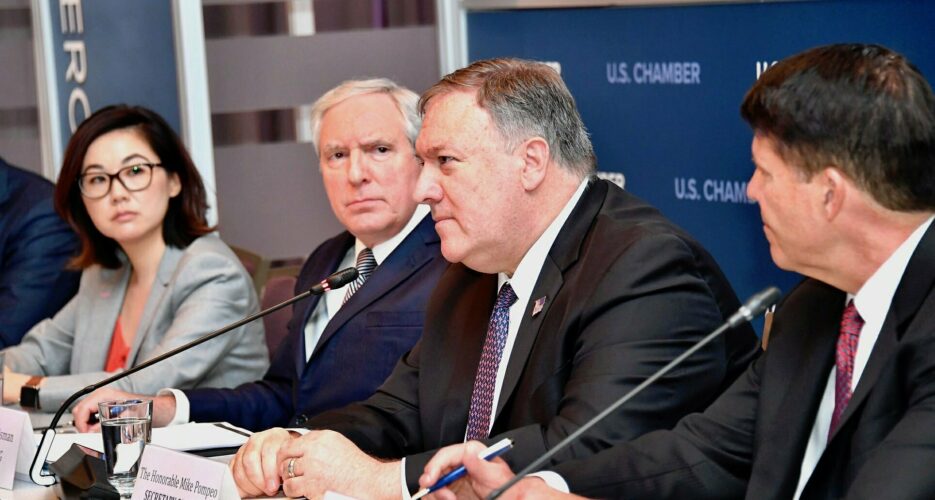About the Author
Oliver Hotham
Oliver Hotham was an NK News contributor based in Seoul, South Korea. Follow him on Twitter.

Get behind the headlines
|
News U.S. hoping North Korea brings new ideas to upcoming working-level talks: PompeoWashington also seeking to be more "creative" in future diplomacy, Secretary of State says  The U.S. is hoping that North Korea will be able to bring a new proposal to expected working-level talks between the two countries, Secretary of State Mike Pompeo said in an interview on Monday, while also seeking to be "a little more creative" with their DPRK counterparts. Speaking in an interview with Sean Hannity, Pompeo also praised last month's impromptu Panmunjom summit between President Donald Trump and North Korean leader Kim Jong Un as having given the U.S. "another chance to sit down with [the DPRK] and have another conversation." © Korea Risk Group. All rights reserved. |